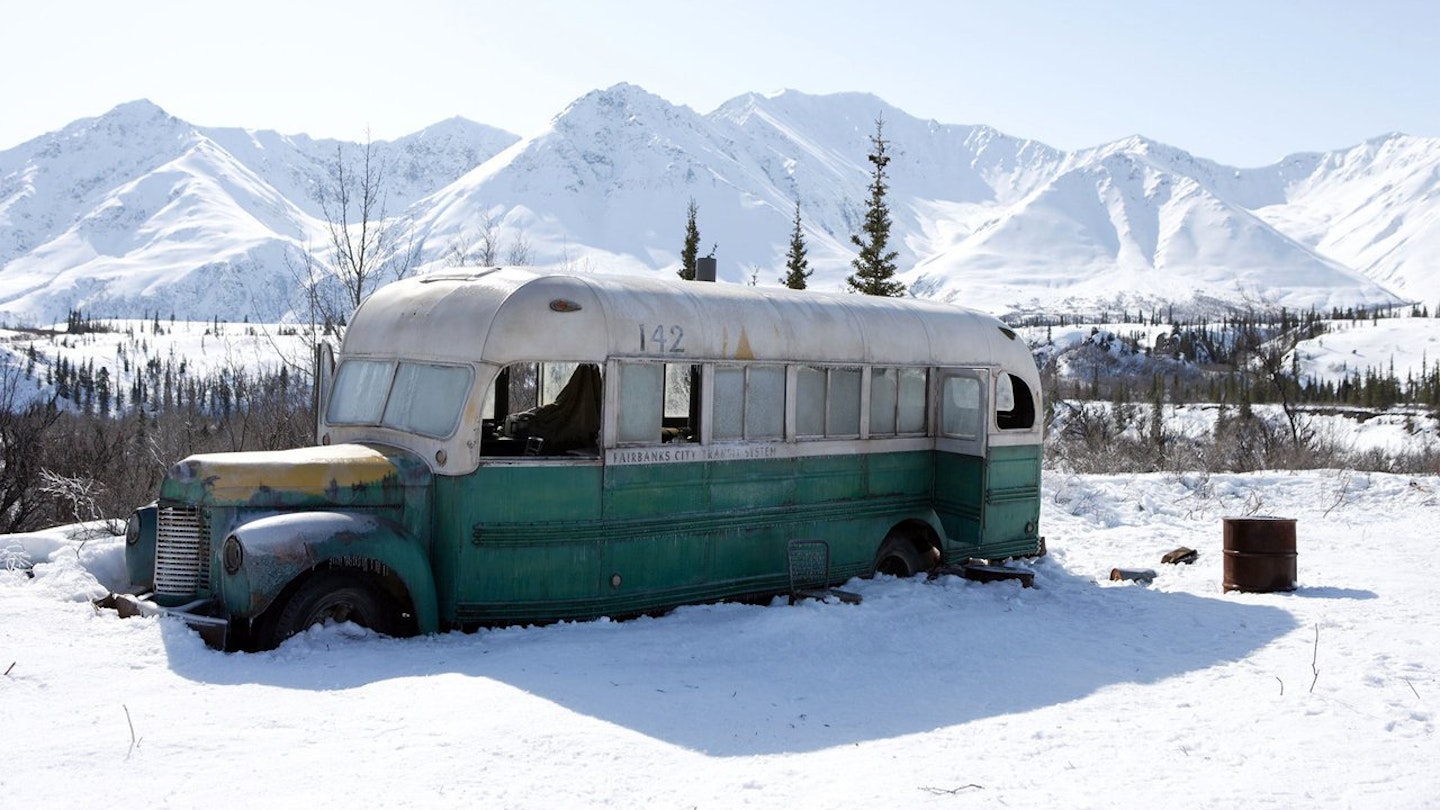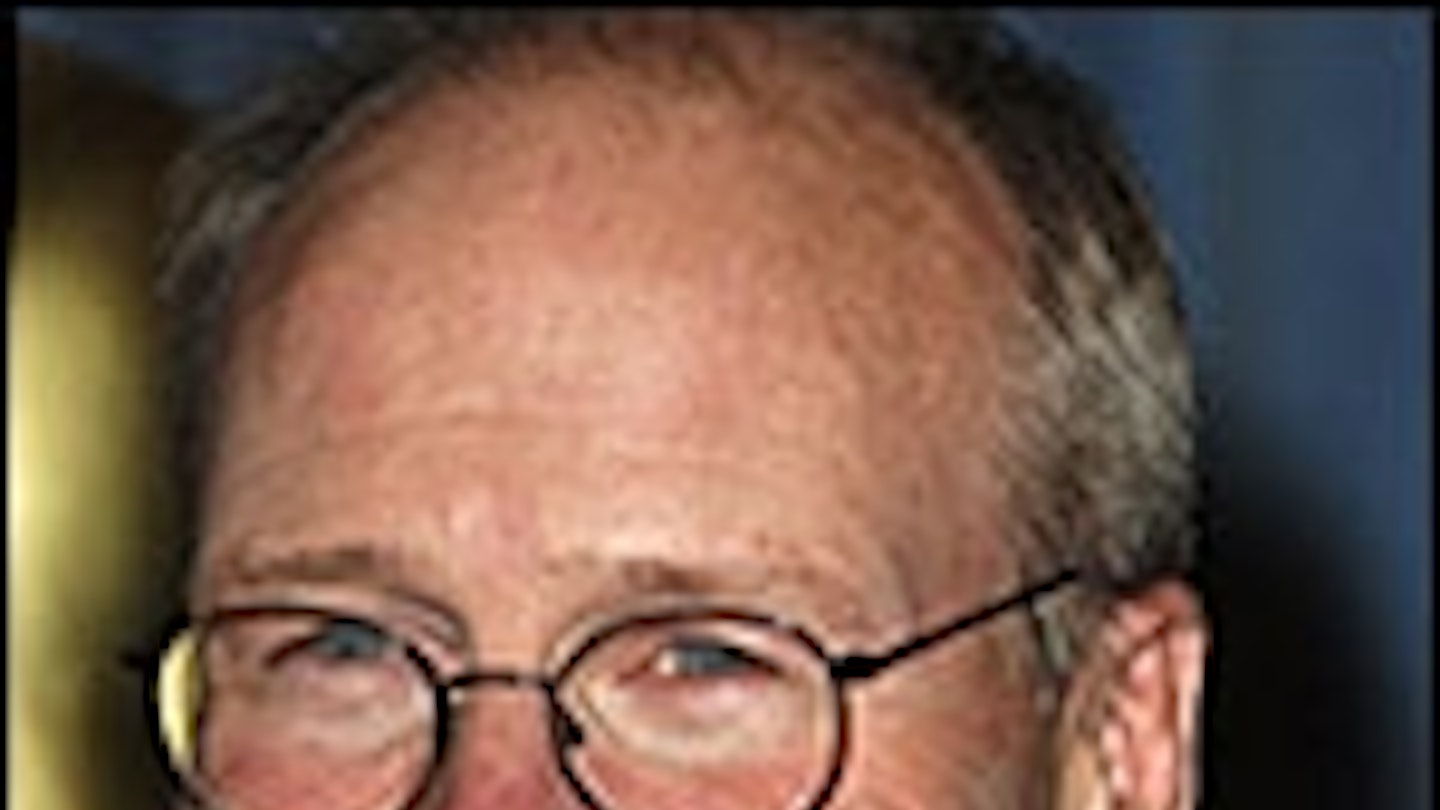Sean Penn’s directorial efforts to date haven’t presented the rosiest images of mankind. From The Indian Runner’s bleak view of sibling relations to The Pledge’s chilling study of obsession and justice, Penn’s purview has been largely restricted to the gloomier, danker corners of human interaction. So it’s surprising to find that his latest film brings us blinking in the sunlight of wide, open spaces, mostly populated (if populated at all) by friendly, helpful souls.
With multiple narrative devices and a near-worshipful emphasis on nature photography, not to mention the implication that man is an interloper in an otherwise balanced wilderness, Penn has evidently soaked up his Terrence Malick. But with its thoughtful pace and loose structure, his depiction of the McCandless odyssey also recalls Lynch’s The Straight Story, albeit with a less wrinkly lead. Both movies are rooted in fact, defy Hollywood convention by suggesting good people outnumber bad, and refuse to distort that assertion for the sake of drama. So the young McCandless (Emile Hirsch) comes to enjoy the friendship of, in rough sequence: a pair of kindly hippies (including Catherine Keener), a loopy Dutch couple, a roguish South Dakotan farmer (Vince Vaughn, who should get out of his comedy comfort zone more) and a lonely septuagenarian (Hal Holbrook).
As Penn presents it, such benevolence has as much to do with McCandless’ charisma as it does with the average American’s capacity for philanthropy; after all, it’s tough to imagine many OAPs inviting any old bum around for supper. Hirsch is perfect for the role, comfortably embodying that unswerving sense of self-conviction which accompanies youth, and closely observing how McCandless must have channelled that so compellingly through his erudition and poetic bent. Even if Penn didn’t spell it out, it should come as
no surprise to learn that McCandless consumed Byron, Thoreau and Tolstoy. While he didn’t convert anyone to his extreme desire to find, as Byron puts it, “rapture on the lonely shore”, it’s remarkable enough that he talked them into accepting it.
Yet McCandless’ straitlaced relatives were never given the opportunity to discuss all this with him, and it’s in Penn’s grasping for the roots of his subject’s bizarre motivations, and his observation of the destructive wake trailing the young man’s disappearance, that he comes closest to revisiting the darker territory of his previous work. There is also the increasingly disturbing drama of ‘Alexander Supertramp’s’ struggle with his choice once he achieves his solitude deep in the Alaskan wilds - not just the rugged realities of living off the land, but also the simple tribulation of having only oneself for company... especially when you realise you’ve made a terrible mistake.
There may be moments when you will want Penn to pick up speed, where you scoff at McCandless’ naivety or become tempted to write off Into The Wild as yet another American love letter to the Big Country that they’re rapidly shrinking, but come the crucial revelation, you’ll find it impossible not to be profoundly affected.


